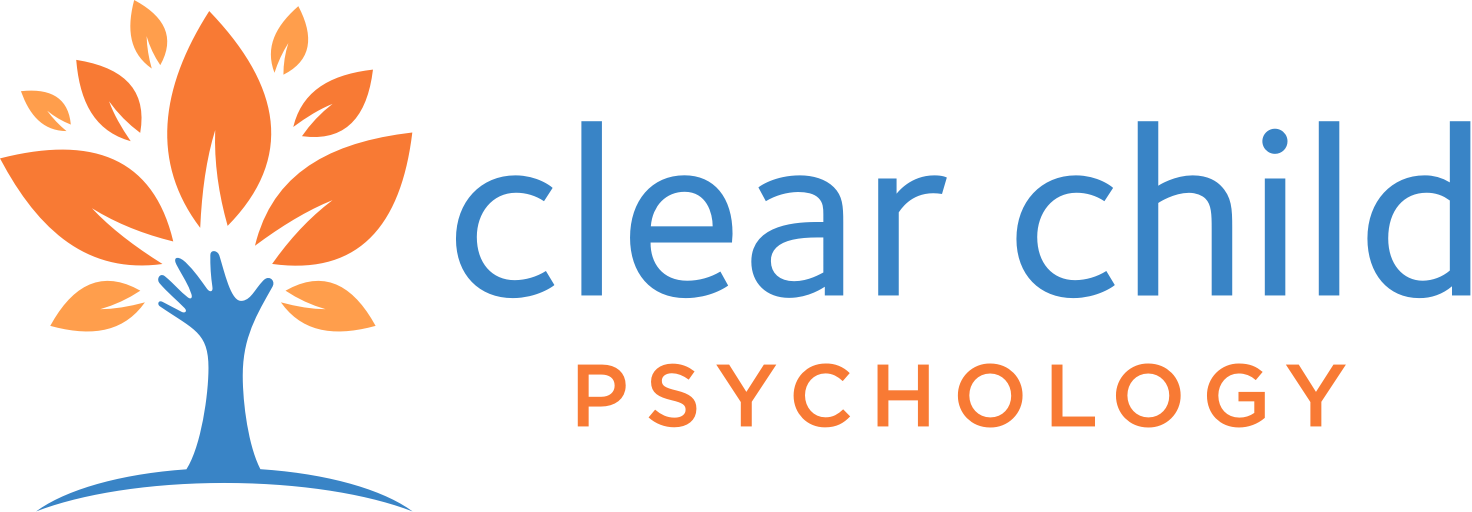Although many interventions are available, only a few have been validated with enough research to be named as Tier 1 “Best Support” by the American Academy of Pediatrics. Those interventions include the following options: Medication, Behavior Therapy, Parent Management Training, Biofeedback, and Self-verbalization. A combination of these therapies has been known to help many children and adults with ADHD. For many children, intervention becomes the difference between success and failure in school. Further, the ability or inability to stay on task and to hold back impulses is not unique to school; in fact, it often carries over to social settings. For many children, interventions help their self-esteem and socialization.
Research has shown the challenges inherent in significant attention problems. The largest scale study ever to be conducted (to date) by the National Institute of Mental Health (NIMH) investigated the impact of ADHD on children and families. The study involved over 600 students with attention problems in six sites across the country [10]. Findings were as follows:
- “Two-thirds of these children had at least one other disorder such as depression, anxiety, or learning disabilities.
- Medication alone was more effective than behavioral interventions alone.
- Medication alone was almost as effective as the combined treatment of medication plus behavioral interventions.
- Many students may be receiving medication doses that are too low for maximum improvement in school work and behavior.” [10]
The authors of this article have been involved in a meta-analysis of ADHD interventions. This meta-analysis, a report on a group of studies, found that although many behavioral interventions for ADHD are effective, the individual studies themselves were typically not as systematically conducted (that is, involving pre and post testing, ‘dosage levels,’ and effect size) as were the medication studies. This difference may be the reason that it sometimes appears medication alone can be more effective than combined treatment. Most psychologists generally agree that combined behavioral and pharmaceutical intervention is best. However, the science has yet to yield these results due to the lack of availability of well-designed research studies. Taken together, it is important for parents to be aware that attention problems can have a significant impact on a child’s functioning and that the provision of accurate diagnosis, psychological and medical intervention with a psychiatrist and/or pediatrician can bring lasting positive change.
Although ADHD presents a myriad of challenges to children and families, interventions tend to be successful at treating many of the challenged associated with the disorder. Indeed, for many children, medication and organizational support allow them to be successful in school and beyond. That said, most people continue to have some impairments in adulthood. Early intervention can help individuals develop strategies and systems to manage their inattentive symptoms and to curb their impulsivity. Such supports allow for gainful employment and interpersonal success as an adult.



